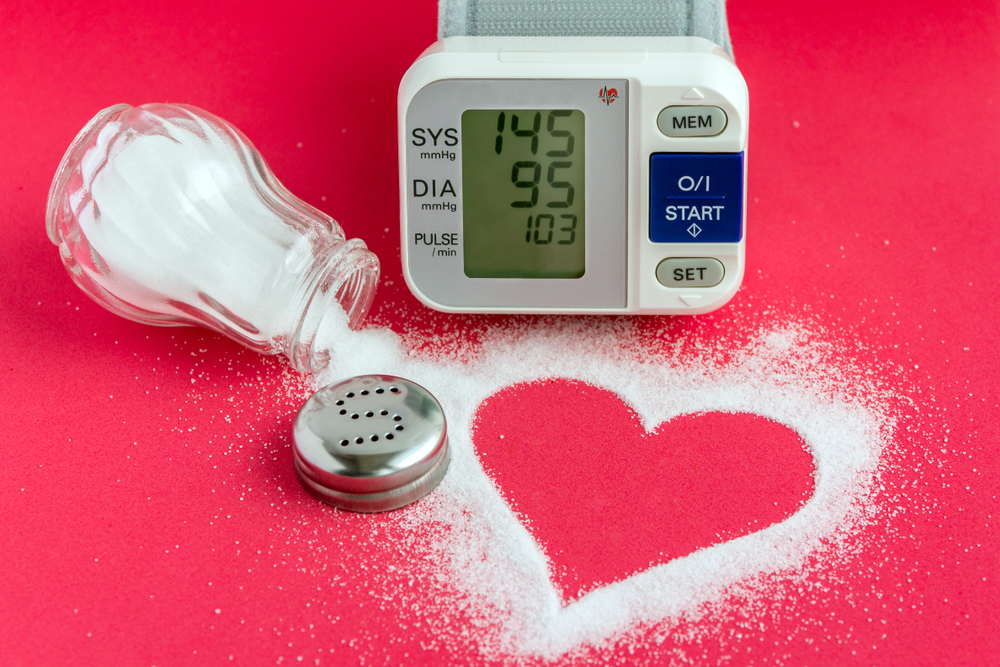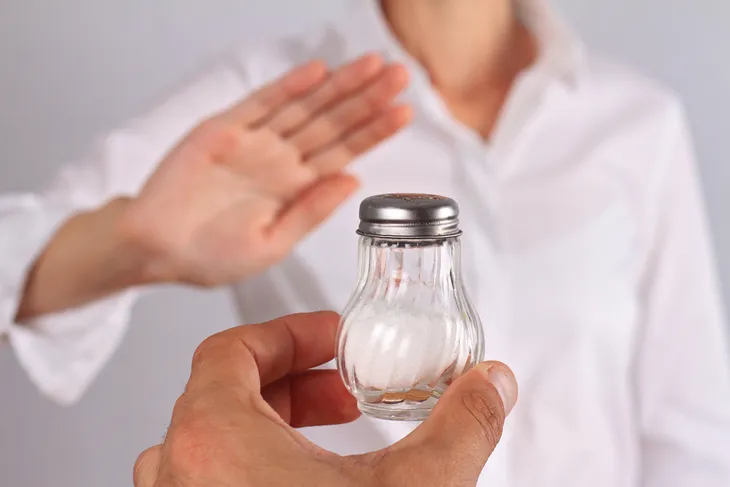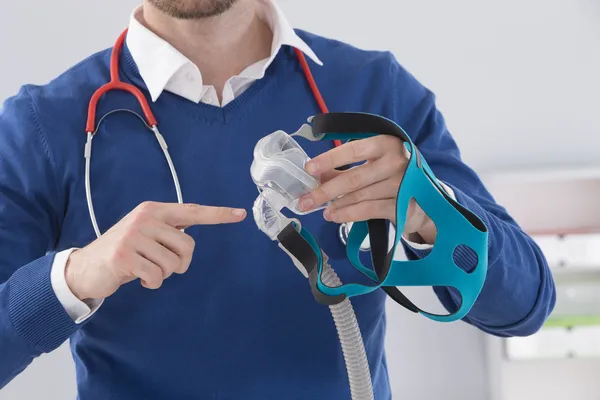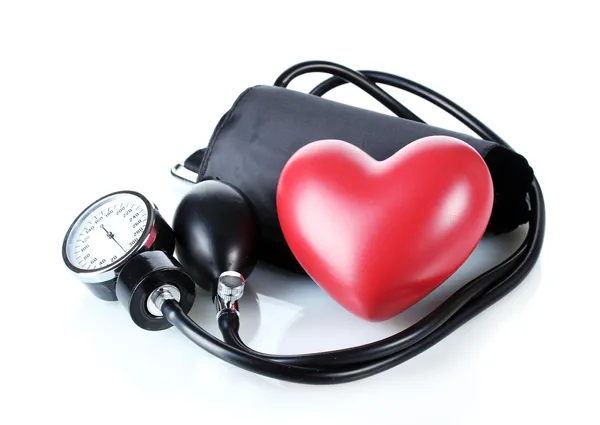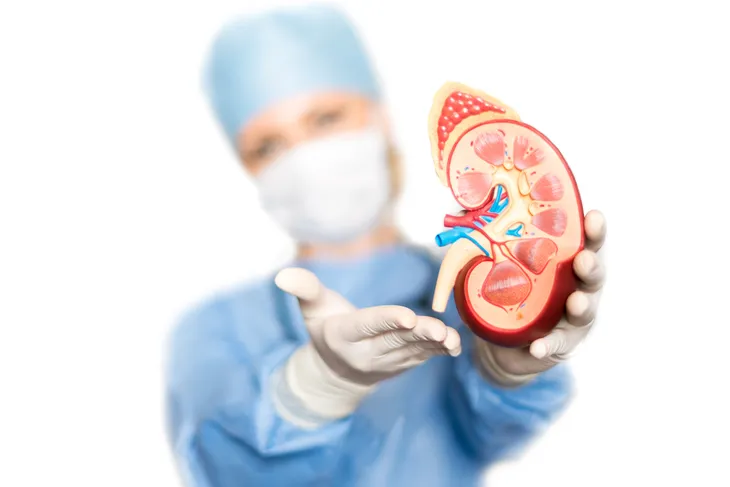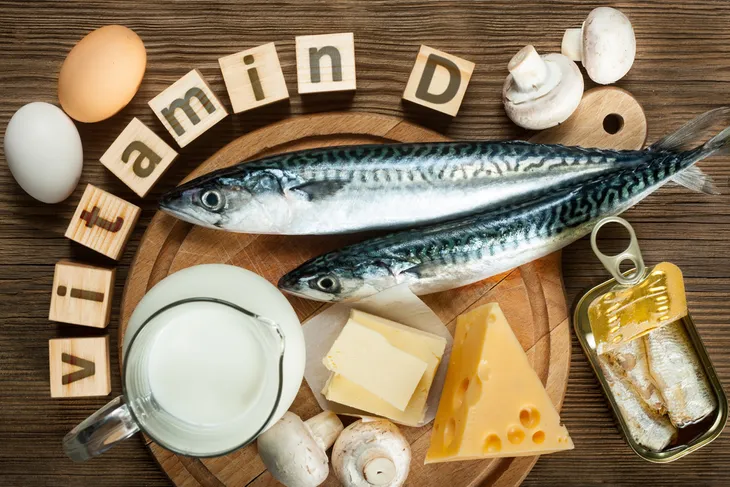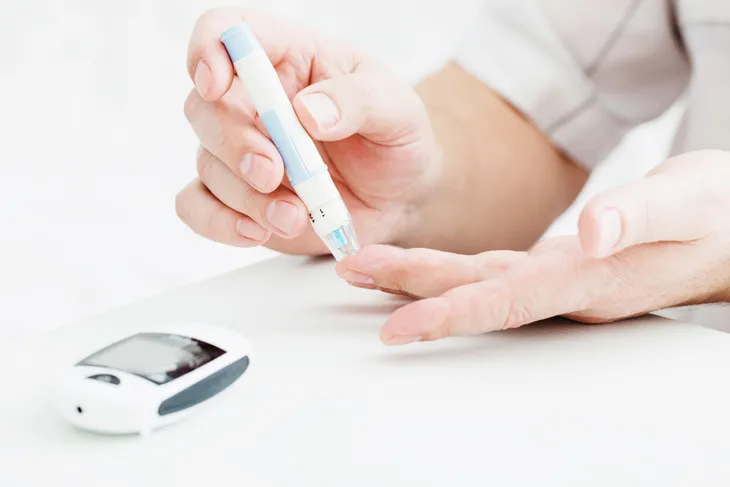Heart disease is one of the biggest silent killers globally. Having hypertension (or high blood pressure) means that the pressure in your arteries that pump blood from your heart to the rest of your organs and throughout your body is too great. This abnormal blood pressure is what puts stress on the heart and causes premature death.
High blood pressure is an issue if the systolic blood pressure (when your heart pumps) is over 140-mmHg and the diastolic blood pressure (when your heart relaxes) is over 90-mmHg. Here are 15 common causes of hypertension…
1. Excess Sodium
According to the American Heart Association, excessive levels of salt (sodium) intake (more than 1,500-milligrams per day) can lead to high blood pressure, diabetes, and cardiovascular disease—regardless of age, current health condition, or family history.
2. Age
As we age, our blood pressure naturally increases. However, if you maintain a poor diet, smoke or drink excessively, or eat a poor diet rich in fatty and sugary foods, the risk increases for developing high blood pressure with age.
3. Sleep Apnea
Sleep apnea is a condition that causes oxygen levels to decrease during sleep, resulting in increased blood pressure and stress on the heart and lungs. Sleep apnea is linked to an amplified risk of hypertension.
4. Obesity
Being overweight or obese is linked to many chronic diseases, including high blood pressure. Other risk factors for chronic diseases, such as hypertension, including sedentary lifestyle, poor diet, increased sodium levels, and elevated insulin levels— all of which cause thickening of the arteries and drives conditions such as diabetes, heart attack, and stroke.
5. Sedentary Lifestyle
Hypertension is often caused by a long-term sedentary lifestyle, in other words a lack of exercise, which leads to weight gain and undue pressure on the heart.
6. Drugs and Alcohol
Drinking excessive amounts of alcohol (binge drinking in particular) or using recreational drugs will put stress on the heart and arteries and cause damage.
7. Poor Diet
In addition to sodium sensitivity, obesity and diabetes are linked to sugar and fat-laden diets, which are linked to high blood pressure and heart conditions. The good news is that there are many foods that can help lower blood pressure levels and overcome hypertension. You’ll find a list of those foods in this article, 11 Foods That Can Help Reduce Hypertension.
8. Smoking
High blood pressure occurs as the arteries, the largest blood vessels that carry blood to the kidneys, narrow and become constricted, resulting in more effort from the heart. Smoking causes atherosclerosis, or clogging of the arteries, and is strongly linked to heart disease.
9. Hormonal Conditions
Certain hormonal diseases or conditions (e.g., Cushing’s syndrome, caused when your body produces a greater amount of steroid hormones than needed) will put pressure on the body and heart and result in hypertension.
10. Kidney Disease
One primary cause of hypertension is kidney disease. This is triggered when the adrenal glands (small pea-shaped glands that lie on top of the kidneys) secrete too much of the hormone called cortisol, which elevates the “fight-or-flight response” and increases blood pressure.
11. Nutrient Deficiencies
High blood pressure can also result due to insufficient dietary intake of certain nutrients. One such nutrient is potassium, which the Mayo Clinic says, “Helps balance the amount of sodium in your cells.” So, if you’re not consuming or retaining an adequate amount of it, too much sodium can build up in your blood.
Vitamin D is another nutrient that has been linked to hypertension. Although a deficiency in it doesn’t necessarily cause hypertension, the source says, “Vitamin D may affect an enzyme produced by your kidneys that affects your blood pressure.”
12. Diabetes
As mentioned earlier, factors such as excess sodium in your diet and obesity can lead to diabetes, a disease that increases a person’s chance of developing high blood pressure. With type 1 diabetes, having a high blood sugar is a significant risk factor for hypertension. Fortunately, managing blood sugar with treatment can help to reduce this risk.
Having elevated blood glucose levels is a risk factor among those with type 2 diabetes as well, but hypertension with this type of diabetes may also be caused by other factors such as taking certain medications to manage their condition, heart disease, and being overweight.
13. Thyroid Problems
The thyroid gland, specifically the hormone it produces, plays a significant role in a variety of body functions, including temperature, heart rate, and muscle function. If the thyroid isn’t functioning properly, it can produce too much of the hormone, resulting in hyperthyroidism, or an overactive thyroid. Or, it may underproduce the hormone, leading to hypothyroidism, or an underactive thyroid.
Unfortunately, both of these thyroid disorders can cause hypertension. With hyperthyroidism, the heart beats faster than it normally would, resulting in more blood being pushed through the arteries, which increases blood pressure. And with hypothyroidism, the arteries become stiffened, which increases diastolic blood pressure.
14. Medication Side Effect
High blood pressure is listed as a potential side effect of many different types of medications. According to Fitness Magazine, some of the most common ones are “nonsteroidal anti-inflammatory drugs, decongestants, certain antidepressants, and hormonal birth control.”
The source says these medications may either cause hypertension by constricting your blood vessels or because of water retention. If this happens, be sure to speak to your doctor about possible alternatives to the medications you’re on, or limit your intake of over-the-counter drugs.
15. Stress
Excess stress has been linked to a wide variety of health conditions, from gastrointestinal problems to depression and, of course, heart disease. Fitness Magazine explains, “…stress causes your adrenal glands to pump out blood pressure-increasing hormones.” And, on top of that, “your body’s natural fight-or-flight response causes your blood vessels to contract.”
Unfortunately, most of the ways that we help ourselves unwind, such as eating fatty foods, drinking alcohol, and smoking, only worsen blood pressure levels. The Heart and Stroke Foundation of Canada suggests more healthy ways to de-stress, such as “physical activity, socializing, laughter, and healthy eating.”
